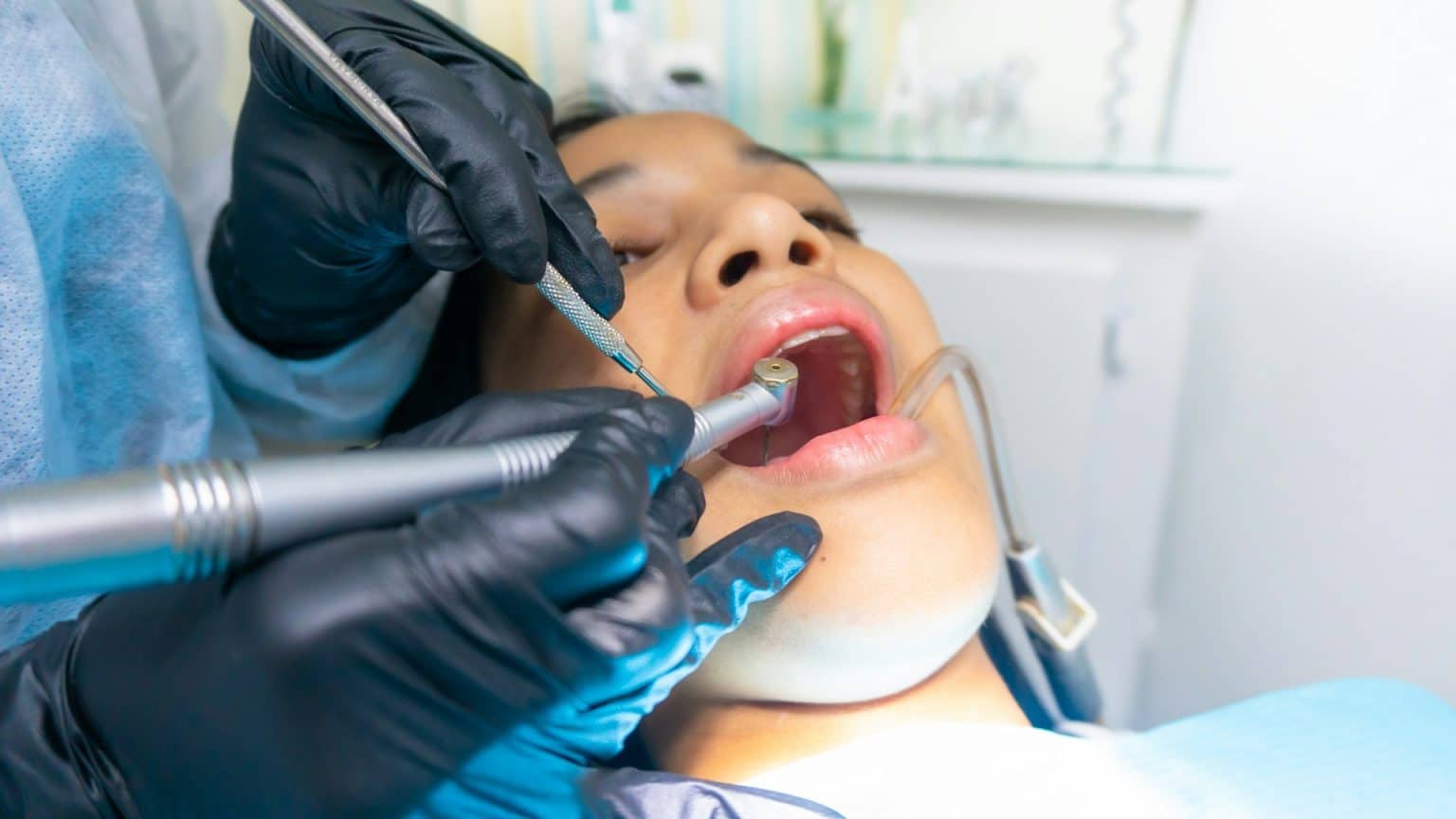Every dental professional is trained to care for patients’ smiles — but when a medical emergency strikes, those same practitioners may suddenly become first responders. In recent years, new guidelines from the General Dental Council (GDC) and the Care Quality Commission (CQC) have made one thing clear: life support training in dental practices is no longer optional.
The result? A nationwide shift in how dental teams approach patient safety — one that’s placing life support courses at the heart of modern dentistry.
The New Standards of Dental Safety
Both the GDC and CQC now require dental teams to be fully prepared to manage medical emergencies, including anaphylaxis, cardiac arrest, and syncope. Every dental practice must ensure that staff maintain annual training in Basic Life Support (BLS) and AED use.
In addition, practices are expected to keep adrenaline and emergency equipment on-site and to demonstrate that all team members are competent in its use. Compliance is not just about ticking boxes — it’s about saving lives.
According to NHS England data, up to 5% of dental appointments involve patients with significant medical conditions. With local anaesthetics, sedation, and allergic reactions posing inherent risks, dental teams are often the first and only responders until emergency services arrive.
From Drill to Defibrillator: Changing the Mindset
For years, many dental professionals saw medical emergencies as rare events. But as patient demographics change — with more elderly and medically complex patients seeking routine dental care — the likelihood of an incident is growing.
The modern dental team must now be clinically and mentally prepared to respond. That’s why accredited courses such as Medical Emergencies in Dental Surgery, Anaphylaxis Management, and Basic Life Support with AED are becoming integral to practice operations.
Specialist providers like RCMS Life Support deliver these courses nationwide, helping dental practices meet compliance while ensuring every team member — from dentists to hygienists — can act confidently in a crisis. Their training, approved by the Resuscitation Council UK, combines practical drills with realistic, scenario-based learning that mirrors the pressures of real-world emergencies.
The Rise of Preventative Preparedness
What’s changing isn’t just regulation—it’s culture. Dentistry is moving from a reactive to a preventive approach. Many practices now run in-house emergency drills and annual refreshers, ensuring staff know exactly how to respond if a patient collapses or suffers an allergic reaction.
Courses such as Anaphylaxis Management & Life Support reinforce the use of auto-injectors, airway management, and the management of rare but critical events, such as anaphylactic shock following local anaesthetic or latex exposure.
These changes are transforming how patients perceive dental care, too. The reassurance that every clinician is trained in life support builds trust and elevates professional standards across the sector.
Beyond Compliance: Building Confidence
The CQC’s focus on emergency readiness isn’t just bureaucratic — it’s evidence-based. Studies show that practices that conduct regular emergency training have significantly higher staff confidence and faster response times.
Dentists and dental nurses who undergo annual refresher training report feeling calmer and more effective during incidents. That confidence, in turn, reduces risk and improves patient outcomes.
One RCMS instructor notes: “We’ve seen an enormous cultural shift. Dentists used to view life support as something secondary. Now they understand it’s part of being a safe, modern healthcare provider.”
Practical, Accessible, and Essential
The flexibility of modern training delivery is key. RCMS offers on-site courses tailored to dental environments, so teams can train in their own surgeries using their own equipment. This approach ensures relevance, practicality, and immediate applicability.
By blending compliance with convenience, accredited training providers are helping make emergency preparedness part of everyday professional life — not an afterthought.
A Safer Future for Dental Patients
As dentistry becomes increasingly clinical and technologically advanced, patient safety must remain central. Emergency readiness is not about fear — it’s about confidence. When every member of a dental team is trained to respond to emergencies, patients can trust that their well-being is protected at every stage of care.
And that trust, ultimately, is what turns a dental practice into a truly safe healthcare environment.

